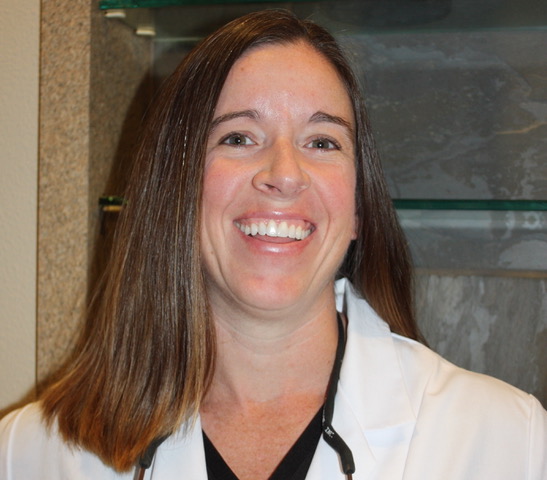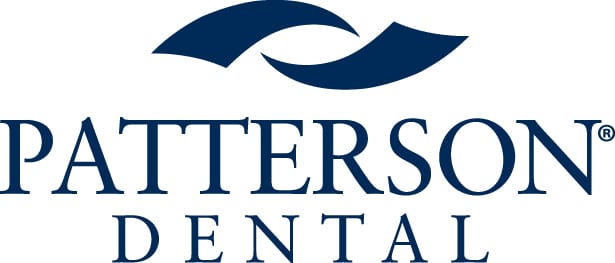By: Jennifer Murphy, DDS, FAGD
There are many, many factors to consider when looking for your next associate position. While the unicorn may be out there – your perfect job – it’s important to know your non-negotiables as well as what you are willing to compromise on in a dental associate position.
So, let’s get started.
How can I find the best dental associateship?
I’ll be proposing a lot of questions during this blog. My goal is to get you thinking about what ultimately will make you happy in a position. Believe me, it’s not necessarily always the position where you make the most money!
Location, location, location
First, consider the geographic location. Are you willing to move? How much of a commute do you want? And, what kind of commute?
This is a factor that you can easily start to widen (say you want a 30-minute commute or less and then start looking at jobs 40, 45, 50 minutes away!) and next thing you know it’s taking you 2 + hours to drive to work in a snowstorm! Ask me how I know that!
Seriously though, if you are working 8-5 and have over an hour each way, that greatly extends your day and can cut into family time, time to exercise, etc.
Practice type
Second, what kind of practice are you seeking? Private practice or corporate? Family or pedo? There are many offices out there that only see under 18 years old that are looking for a general dentist but if you aren’t fond of treating kids then obviously that is not a good choice for you.
I think it’s important to be ok with saying no and turning down opportunities if it is not a good fit for you. I urge you to keep that in mind! There’s nothing worse than being excited to get into a position only to learn within the first month or two that it is not for you.
Your goals
Third, is the office looking for just an associate or will it lead to a partnership or future buying of the practice? What are your goals?
Again, know what you are looking for. If you want to buy-in to a practice but they just want an associate then that should be a no. Don’t cave to verbal promises for something that may happen when you know what you want.
Also, be sure there are terms in your contract if it is to lead to a partnership or buy-in as I know of many people who are promised such and they work years and it never happens.
Do you have goals to grow your skills? Is the practice open to that? Or, do you “just want to do dentistry?” That is totally ok! Just be sure if that’s what you want that you aren’t going to be expected to do practice management tasks.
Office details
Do you want to be the solo doc? Or do you want to have a mentor or other docs to collaborate? Do you want to be in a large office or one with just a few ops? If you are looking for a mentor be sure to be upfront about that – and with anything you are looking for, for that matter.
Do you want a general family practice or an office that focuses on cosmetics? What types of procedures do you enjoy or do you not want to ever do again?
Be open and honest with yourself and the practice about this. If they want someone who will do molar endo and you dread it then that should be a dead no. An office with the basics or that has the latest and greatest gadgets and technology? An office that takes a lot of insurance or focuses on helping the less fortunate or a fee-for-service practice?
With the above again think on what are non-negotiables, what you’d ideally like to have or things you can compromise on. No practice will be perfect. Sure, we’d all want to be doing implant restorations at fee-for-service but that’s not likely at all so you need to be realistic. But also, don’t sell yourself short!
Pay and benefits
Fifth, what do you need to make? Know what you need to make at a minimum to pay your bills. What benefits do you need or want? Also, don’t be afraid to ask about and negotiate these.
Schedule
Sixth, how many days a week do you want to work? What kind of schedule do you want? And, I caution you to decide this based on what you need to make. Our profession is so highly susceptible to stress, burnout and disability.
Personally, when I moved to another state and worked full-time, I earned a fantastic income, however I became burned out and frankly, was not doing well mentally or physically with back issues. Now that I’ve backed down to part-time it’s a much better fit for me. Also, consider if you’re willing to work evenings and/or weekends. There are plenty of positions where there are no evenings or weekends so please don’t think you have to!
Finding the right dental associateship for you
During this process of searching for an associate position, listen to your gut! It’s great if the first office you interview with seems like a perfect fit, but if not that definitely is ok! It is better to wait for a good fit than regret getting into a bad situation.
If you do end up in a not-so-great position, take note of that, remember those things that made it not-so-great and apply that information to your future searches.
There certainly are many things to consider about an associate dentist position! I again encourage you to take some time to really think about what’s important to you in a position – and not just money – but the things that will ultimately make you a happy dentist.

Dr. Jennifer Murphy graduated with a Doctorate of Dental Surgery in 2006 from The Ohio State University. She is a member in good standing of the American Dental Association, North Carolina Dental Association, and the Academy of General Dentistry. Dr. Murphy earned her Fellowship from the Academy of General Dentistry in 2021. In addition to practicing general dentistry, she is also a practice coach for Benco Dental.
Up Next: Dental Associate Contract
Photo by Yusuf Belek on Unsplash


